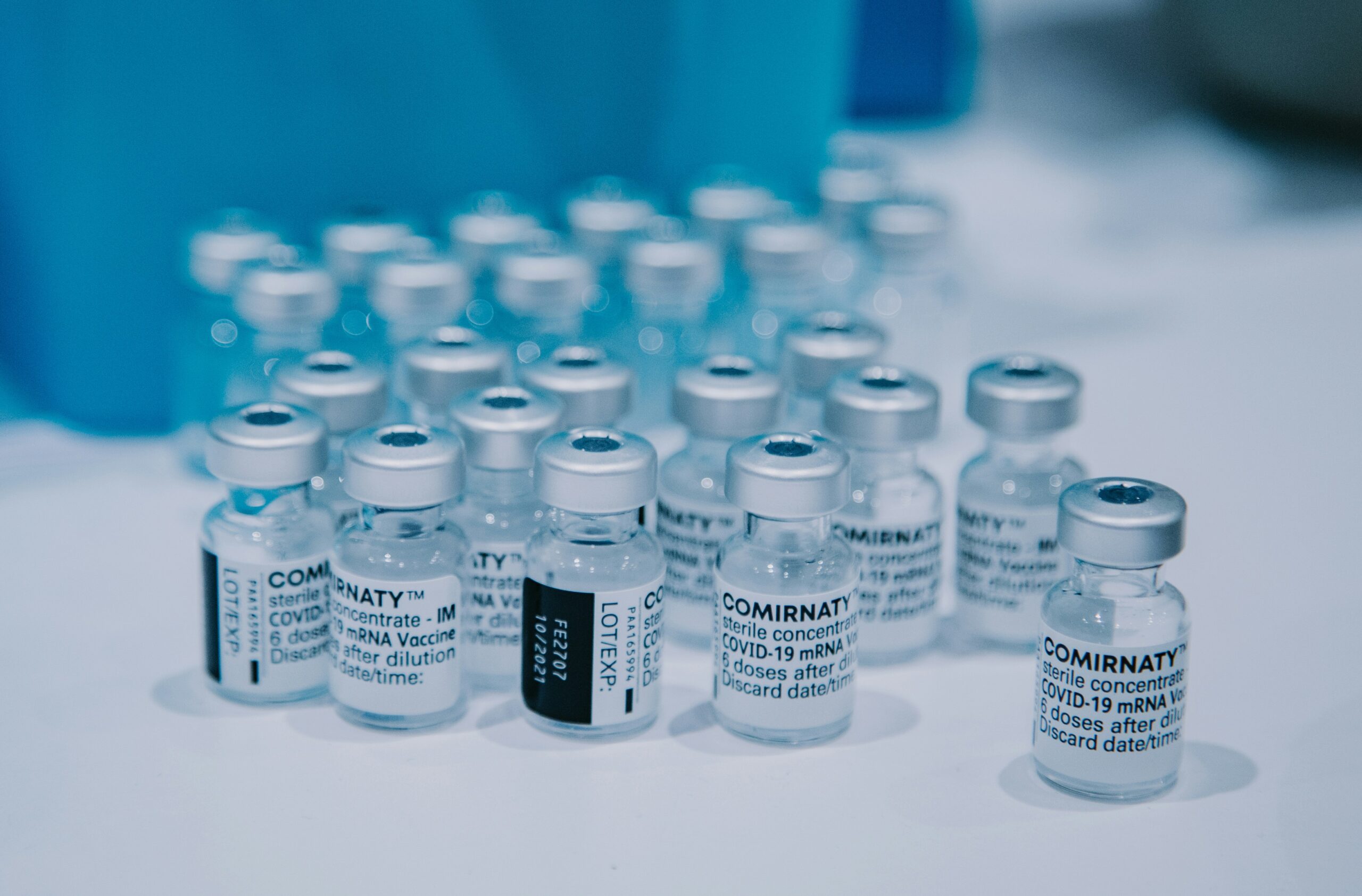The Body Shop (TBS) was found in 1976 in Brighton, UK with the vision that business can be a force for good. They now operate in 69 countries and offer over 900 skincare, haircare, body care and make-up products that are ethical and cruelty-free.
In 2017, TBS was acquired by Natura &Co and returned to its roots of being a purpose-driven retailer, with a greater environmental sustainability commitment to Enrich Not Exploit.
Let’s take a look at some of the considerations they’ll be discussing…
PESTLE Analysis for The Body Shop
There are multiple macro trends impacting the future of the skincare industry and TBS such as:
- Decline in the ethical standard of cosmetics as a result of Brexit would attract new customers to TBS as the company continues to comply with the EU standard of product quality and consumer safety
- Expenditure on skincare products is expected to increase by 15% by 2023, due to rise in real disposable income, resulting in potential increase in revenue for TBS
- Increasing awareness of the significance of climate change with 47% of consumers considering plastic pollution the most important environmental issue, thus consumers’ push towards plastic-free industry would be a significant threat for TBS
- Rise in popularity of product personalisation and the use of AI-software that tailors beauty recommendations for every individual, would reduce brand loyalty as the perceived risk of trying new skincare products decreases
In more detail…
Political
- Implementation of new procedures for trade with EU to UK
- Additional costs will arise from importing products and raw materials from EU-countries – possible decrease in profitability
- The ethical standards could decline creating a concern about the quality of British cosmetics
Economic
- Change in disposable income due to strong or weak economic performance
- Inflation changes
- Strength of pound internationally
- Expenditure on skincare products is expected to rise
- Average expenditure per capita
- Rising variable costs as The Body Shop has approximately 2,000 employees in the UK
Social
- Aging population, reaching 68.8 million in 2023
- Changing lifestyles, with greater environmental awareness and stronger emphasis on long-term physical, mental and emotional wellbeing
- Increased consumption as skin health becomes more important with age
- Increased brand awareness, it’s perceived as a wellbeing partner as it provides job security to economically vulnerable people
Technological
- Rise in popularity of AI-software that tailors beauty recommendations for every individual by analysing their requirements
- Rise of product personalisation
- Increased consumer willingness to try new products as perceived risk reduces
- Increased online expectations
- Increased demand for personalised beauty and grooming products
- Decreased brand loyalty.
Legal
- UK will not legally bound by EU laws, such as the ban of using 1,328 chemicals in cosmetics
- Health & safety laws
- Employment laws
- International trade laws
Environmental
- 47% of consumers consider plastic pollution the most important environmental issue
- Animal welfare remains a top priority environmental concern
- Strong push towards a green, sustainable and clean beauty industry with increasing demand for plastic-free and packaging-free stores
Read the Ultimate Guide to PESTLE Analysis.
Five Forces for The Body Shop
The skincare industry is characterised by high levels of competition due to the fact that:
- The industry is growing annually by 2.7% (CAGR 2019-2023), which intensifies the competition between industry rivals and attracts newcomers
- Competition in the beauty & personal care industry is roughly balanced, with skincare occupying 23.5% of the market share
- Low product differentiation on the core benefit of the product.
- Customer loyalty is expected to decrease due to technological advancements
- The increasing popularity of white label products will intensify the threat of newcomers
- Increasing threat of substitutes as consumers embrace a ‘treat yourself’ mindset and the availability of alternatives increase
In more detail…
Industry Rivalry: Medium
- Industry competition is roughly balanced as skincare accounts for 23.5% of the market share in 2019
- The skincare industry is expected to grow annually by 2.7% (CAGR 2019-2023)
- High product differentiation on the expected and augment product level as skincare products vary depending on the skin type, skin treatment and the level of prestige
Threat of New Entry: Medium
- Attracted by the increasing market value, especially rivals who are already established in the b&pc industry
- High entry barriers that will discourage newcomers from entering the market, such as high initial investment and lack of economies of scale
Threat of Substitutes: High
- Consumers are embracing a ‘treat yourself’ mindset and are use skincare products to relax, boost their confidence and comfort themselves
- Therefore, consumers would perceive food, entertainment and fashion as substitutes
Threat from Suppliers: Low
- Low bargaining power as there is a large number of suppliers
- Suppliers produce diverse products and raw materials to the market
Threat from Buyers: Medium
- Certain degree of brand loyalty, due to perceived risk of trying a new product, with 22% of women always using the same brand
- Brand loyalty might decrease with the rise of AI-powered recommendations
Complete your own Five Forces here.
SWOT Analysis for The Body Shop
Strengths
- High brand awareness – the 7th most popular health & beauty brand in the UK
- Strong reputation
- Ability to launch new products
- Patented products
- Market sensing dynamic capability
- Existing customer base
- Security of supply
- Production expertise
- Community trade partnership
- New product formulas with reduced environmental impact
- Sustainable and innovative system of delivering ingredients from biodiversity hotspots
- Ability to adapt marketing mix based on changes in consumer behaviour
Weaknesses
- Lack of technological resources for product personalisation
- Lack of AI-powered technological resources
- Lack of ability to innovate
- Limited distribution channels, as consumers prefer purchasing skincare products from Boots and department stores
- Inability to develop new sustainable packaging
Opportunities
- Decline in ethical standard of British cosmetics
- Rise in real household income
- Expenditure on skincare will rise by 15% by 2023
- Growing demand for ethical and natural products
- Potential to serve a new market as population is rising
- Rising demand for sustainable and environmentally friendly products.
- Changing lifestyles, with greater environmental awareness and stronger emphasis on long-term physical, mental and emotional wellbeing
- Increase in the size of current target market
- Increased demand for more transparency regarding ingredients and how products are made
Threats
- New trade policies will impact profitability
- RPI inflation will reach 4.2% in 2023
- Direct competitors like Lush are going in a similar direction by positioning themselves as more sustainable
- Decreasing customer loyalty, due to the rise of AI-software that tailors product recommendation to best suit customer needs
- Rise in popularity of product personalisation.
- Increasing demand for packaging-free and plastic-free stores
- Intensified rivalry between industry competitors
- Amplified threat of substitutes as consumers embrace a ‘treat yourself’ mindset
- Rise in popularity of subscription box services
Read the Ultimate Guide to SWOT Analysis.
A Partnership Idea
Here’s one way The Body Shop could develop a strategic partnership. As consumers demand greener products, TBS could form a strategic alliance with Choose Water, a social enterprise that has created plastic-free, sustainable and biodegradable bottle.
The network relationship will be collaborative as Choose Water would benefit by generating significant social impact as it provides drinkable water to those who need it. This would result in the creation of a flexible network between the two organisations, as TBS operates in a highly volatile environment, due to the intense competition and significant threat of newcomers and substitutes.
The strategic alliance would collaborate in the creation of new product packaging, by integrating Choose Water’s production expertise with TBS’s packaging design and branding skills.
Once the new product packaging is developed, Choose Water could distribute it to TBS’s suppliers, where the final product will be created and supplied to the customers. The innovative packaging will augment the product offering and it will create a new competitive advantage that will result in improved relationship with customers.
The strategic CSR initiative will enhance the perception of TBS as a more ethical and sustainability-focused, as all product packaging will be plastic-free and biodegradable as demanded by consumer, while the strategic alliance will enable TBS to become a wellbeing partner to consumers as the production of the new packaging will generate social impact. The strategic CSR initiative will support TBS in achieving a desired brand positioning and in intensifying the TBS’s relationship with consumers in order to re-position as more Loved and Respected brand.
Summary
The Body Shop is well placed to succeed in the climate of heightened environmental awareness and ethical activities, due to the heritage of the brand the core values. There are many opportunities from partnerships to new products – a lot for TSB to be excited about in the future!
Need help building your own strategy?
Our strategy software makes it faster and easier to formulate a strategy, manage the execution and track the results. Book your demo today and get a strategy plan template tailored to your organization.












